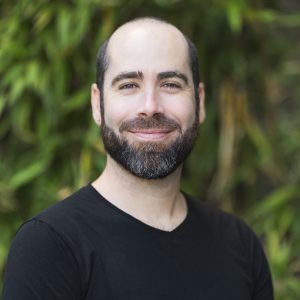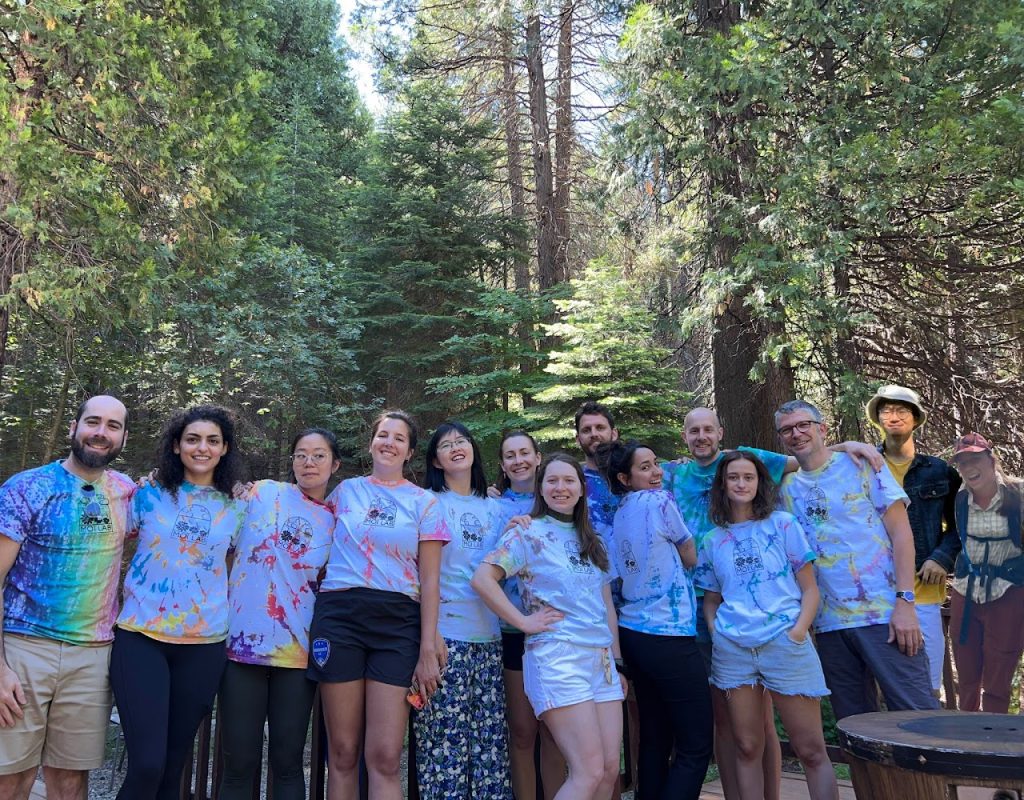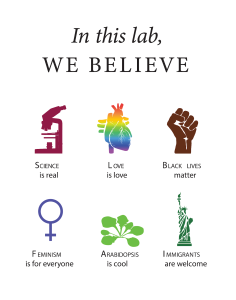Berkeley, California, USA
April 23, 2024
The IGI is excited to welcome Moisés (Moi) Expósito-Alonso. Expósito-Alonso and the Moi lab will be an important contributor to IGI’s climate change research. The Moi lab is focused on how — and if — plant species will adapt to climate change.
Expósito-Alonso, a Howard Hughes Medical Institutes’ Freeman Hrabowski Scholar, joins the IGI and UC Berkeley’s Integrative Biology Department after four years as Principal Investigator and Assistant Professor at the Carnegie Institution for Science and Stanford University.

Moi Expósito-Alonso
“Our mission is to understand evolution under climate change at the genetic level,” says Expósito-Alonso. “With enough knowledge, we will be able to steer evolution to help more plants adapt to climate change.”
The Moi lab takes a multidisciplinary approach, doing research across different scales from global to microscopic. On the global level, the Moi lab is studying the loss of biodiversity and shrinking habitats for different plant species, relying on both citizen science sightings of species and aerial photography.
“In 2022, the United Nations put out bold statements about the necessity of protecting 90% of the genetic diversity for each species in the world. We want to know how species geographic distributions are reshuffling, fragmenting, and how quickly populations declining in response to global change, as our work shows that this has an impact in genetic diversity,” says Expósito-Alonso.
Zooming into the level of a species and its populations, the lab is looking at the level of genetic diversity needed to enable rapid evolution. This is done by studying natural populations and conducting experimental evolution tracing real-time evolution at the molecular level.
 The Moi lab on retreat in Yosemite in Summer 2023
The Moi lab on retreat in Yosemite in Summer 2023
“We are looking at the appearance of new mutations, but also the reshuffling of existing mutations or the changes in frequency of mutations in a population, in real time. All of that is part of evolution and is happening everywhere,” says Expósito-Alonso.
And then zooming in even further, the gene level, the lab is closely studying specific changes in the genes and other DNA sequences in the plant Arabidopsis that affect cellular, morphological, or physiological characteristics related to resilience. This work is inspired by the variation seen in natural populations that can accelerate spring flowering or improve drought resilience.
“One of our key goals is to identify what natural gene variations and traits that are being selected for as plant populations attempt to adapt to our already-changing climate,” says Expósito-Alonso. “CRISPR, especially using CRISPR in multiplex to target multiple genes at once, is one of the key tools we’re using for this work.”
We are really excited because we are using CRISPR as a tool to study evolution.

In addition to his innovative approach to research, Expósito-Alonso has a unique approach to running his lab, which emphasizes co-creating an inclusive culture.
“Science is a people’s endeavor,” says Expósito-Alonso. “Every year at our lab retreat, we discuss our values as a lab and our expectations around how we want to treat each other. Our values continue to develop and we continue to improve together.”
Diversity is one of the values that the group has agreed upon. “We need every angle of thinking to address the existential problems that humanity is facing,” says Expósito-Alonso.